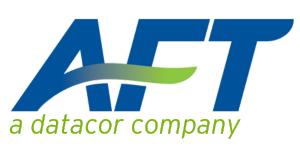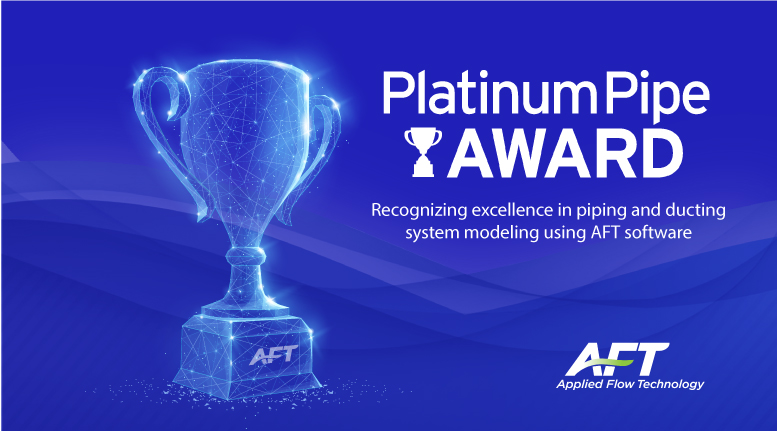AFT Blog
AFT Arrow can be used to model various types of choking such as restriction choking, endpoint choking, and expansion choking. A useful parameter in AFT Arrow’s output is the “Sonic Flow Area” and this is the flow area in which sonic choking will occur. Comparing the sonic flow area to the actual flow area can help determine the margin between not choking and choking. The figure below provides a conceptual understanding of comparing various sonic areas to the actual flow area of a compressible system. If one defines their system such that the sonic area (ASonic,1) is less than the flow...
AFT Arrow can be used to model various types of choking such as restriction choking, endpoint choking, and expansion choking. A useful parameter in AFT Arrow’s output is the “Sonic Flow Area” and this is the flow area in which sonic choking will occur. Comparing the sonic flow area to the actual flow area can help determine the margin between not choking and choking. The figure below provides a conceptual understanding of comparing various sonic areas to the actual flow area of a compressible system. If one defines their system such that the sonic area (ASonic,1) is less than the flow...
Using “Specified Heat Rate In Constants” for the thermal model of heat exchangers can often cause problems in system models. The reason why is because this thermal model type causes the heat exchanger to act like an “assigned heat input” junction as does an assigned flow junction does for providing constant flow rates. Another problem is that this thermal model can cause unrealistic temperature changes across a heat exchanger. When the heat rate is specified and the mass flow rate and heat capacity are calculated based on the system solution, the temperature change will be whatever is required to maintain the...
Using “Specified Heat Rate In Constants” for the thermal model of heat exchangers can often cause problems in system models. The reason why is because this thermal model type causes the heat exchanger to act like an “assigned heat input” junction as does an assigned flow junction does for providing constant flow rates. Another problem is that this thermal model can cause unrealistic temperature changes across a heat exchanger. When the heat rate is specified and the mass flow rate and heat capacity are calculated based on the system solution, the temperature change will be whatever is required to maintain the...


